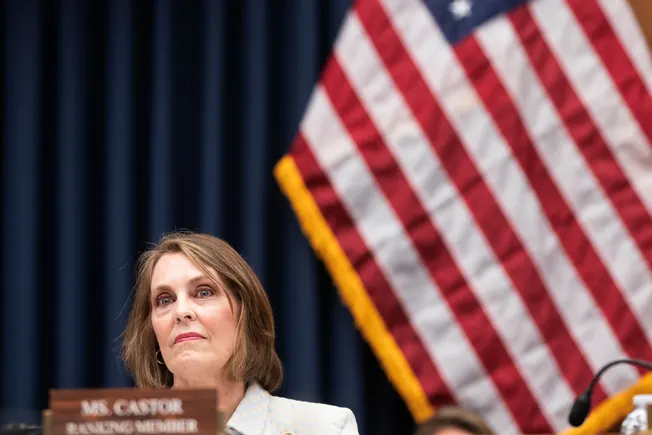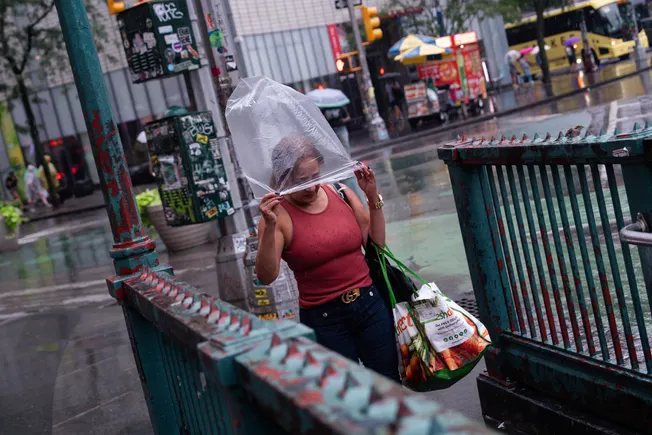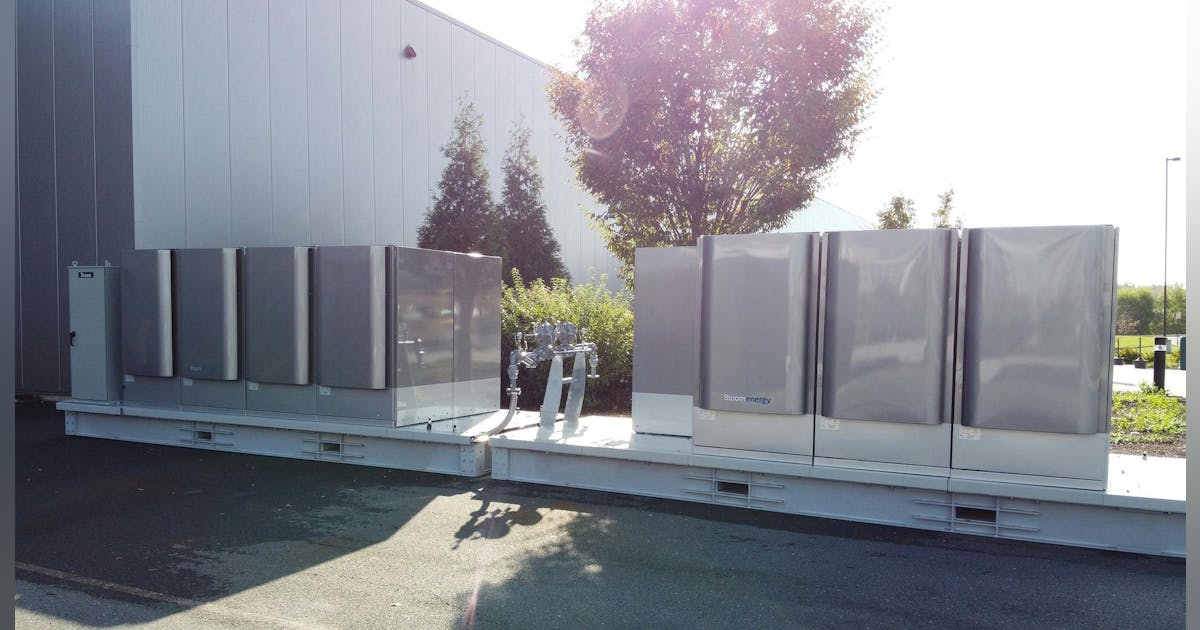
Dive Brief:
-
Utility commissions across the nation are “broken” and must be reformed to stop rising electric costs, a coalition of lawmakers, consumer and environmental advocates said Tuesday during a joint press conference.
-
Speakers at the press conference said it seemed likely that the Florida Public Service Commission would “rubber stamp” a $9.8 billion base rate increase proposed by Florida Power & Light, and argued that regulators have become too deferential to utility requests.
-
U.S. Rep. Kathy Castor, D-Fla., reintroduced legislation on Tuesday that would prohibit utility companies from using ratepayer dollars to fund political lobbying and advertising.
Dive Insight:
What started as a Tuesday morning press conference drawing attention to the plight of Floridians struggling to pay rising electric bills quickly escalated to calls for legislative reforms of utility commissions across the nation.
“When we have a public service commission that does not look out for the best interest of the customers but rather the utility company itself, there is a problem,” Zayne Smith, senior director of advocacy at AARP Florida, said. “This is a canary in the coal mine if the current ask is granted.”
Advocates on the call argued that FPL’s request to increase base rates by 2.5% would harm Florida residents who are already struggling to pay their bills amid other rising costs. Hearings in the case are set to begin this month.
Documents obtained during the rate case discovery period suggest that up to a fifth of FPL customers had their power shut off between March 2024 and February 2025 due to unpaid bills, according to Bradley Marshall, an Earthjustice attorney who is representing Florida Rising, the League of United Latin American Citizens and the Environmental Confederation of Southwest Florida in the upcoming rate case proceedings.
While FPL argues that the increase would maintain base rates 20% below the national average, Marshall said those figures don’t take additional charges like storm recovery fees into account. Brooke Ward, senior Florida organizer for Food & Water Watch, said their research suggests the proposed rate would increase the average FPL customer’s electric bills by $360 per year.
Rising rates have also caused conflict at the Florida Public Service Commission, Ward said. For much of the past decade, most rate cases ended in settlements, Marshall said. But Earthjustice has appealed Tampa Electric’s most recent general rate case to the Florida Supreme Court, arguing that the Florida Public Service Commission ignored the advice of its own staff when it approved the new rate. The Florida Office of Public Counsel has also appealed the Tampa Electric rate case.
MacKenzie Marcelin, climate justice director at Florida Rising, characterized the Florida PSC’s actions as “rubber stamping” utility requests with little explanation or accountability to the public.
“The public service commission is broken…we urgently need legislative reform,” Ward said, adding that reforms at the state and federal levels could create more transparency, tie utilities’ profit to their performance on matters such as energy efficiency, and hold utilities accountable for fuel spikes and other drivers of rising electric bills.
“We should rename the public service commission to utility service commission, because more often than not they serve the electric utilities rather than the public,” Rep. Castor said.
Castor said she believes utility commissions around the country have been swayed by lobbying efforts from the utilities they regulate. The Ethics in Energy Act, she said, would bar utilities from including expenses such as political lobbying and advertising in base rates — ensuring ratepayers are not charged for these activities and reducing their influence on utility regulators.
“We can no longer stand idly by, allowing these energy companies to profit off hardworking Americans,” she said. “Not here in Florida, and not anywhere else.”



















